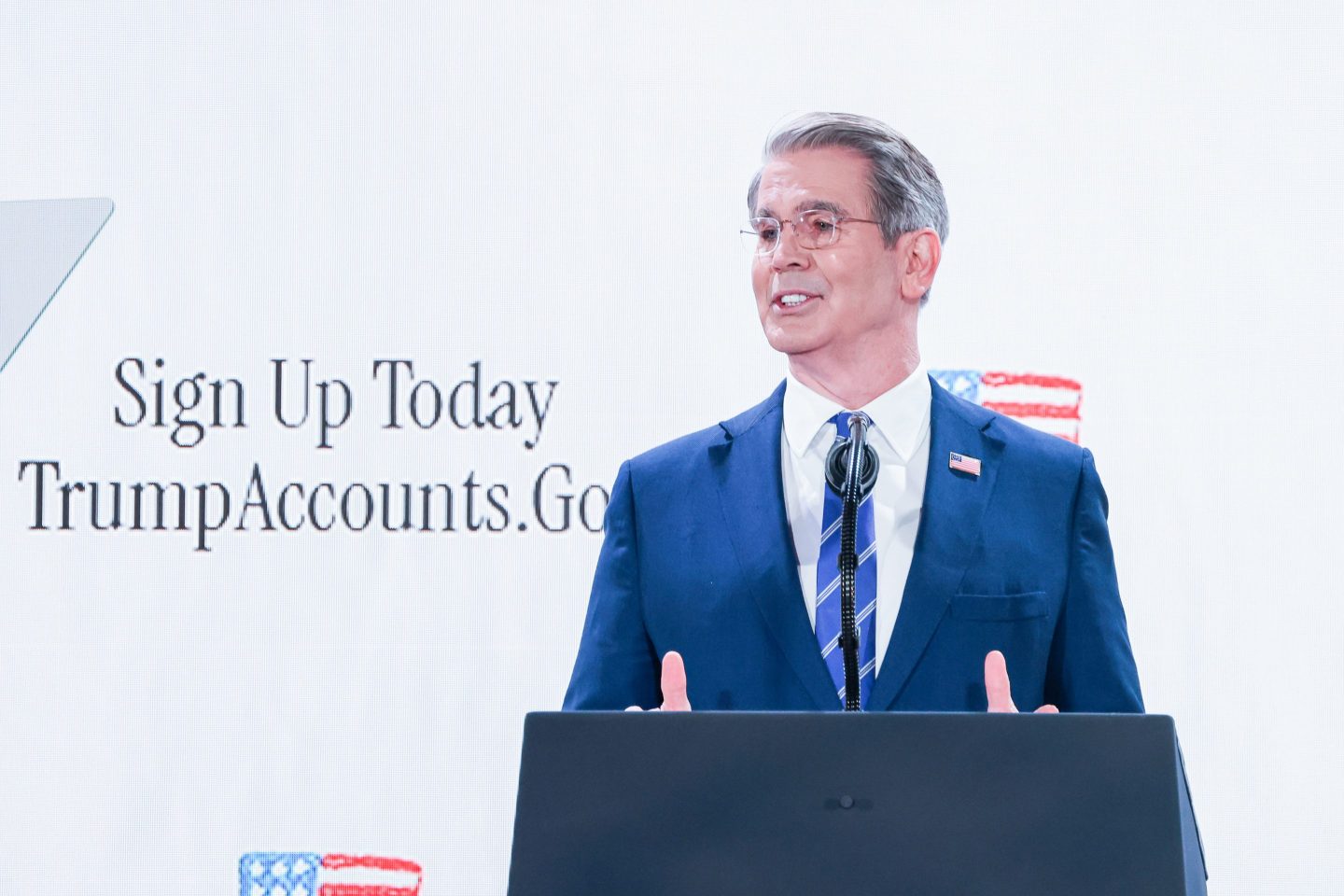The Supreme Court has agreed to hear its first abortion case since President Donald Trump’s appointments of conservative Justices Neil Gorsuch and Brett Kavanaugh, which solidified a conservative majority in the high court.
The court said Friday it would review whether a 2014 Louisiana law that requires doctors at abortion clinics to obtain admitting privileges from nearby hospitals restricts access to abortion in the state. The state argued the law was necessary because it requires a higher standard of care.
But abortion rights advocates said that if upheld, the law would close most of the state’s remaining clinics.
Over the past eight years, the state has seen a dwindling number of abortion clinics. In 2011, there were seven clinics in Louisiana, now down to just three. As a result, people seeking abortion care—nearly 10,000 people each year—now have to drive longer distances to access the healthcare they need.
Louisiana’s law is nearly identical to a Texas law that the Supreme Court struck down in 2016. In that landmark case—Whole Woman’s Health v. Hellerstedt—the court determined that the requirements outlined in the law would pose an “undue burden” on the right to access abortion care.
Retired Justice Anthony M. Kennedy cast the decisive fifth vote in the Texas case, siding with liberal justices against the law. But the court now favors conservatives, and right-wing activists and lawmakers alike have pushed an aggressive ground game this year to roll back state-level abortion rights.
Last year, Louisiana’s case June Medical Services v. Gee was brought before the Supreme Court after the 5th Circuit Court of Appeals upheld the law’s provisions—the same ones that were struck down in Texas. At the time, Chief Justice John Roberts voted to block the lower court’s ruling, with the 5-4 vote imposing a pause on the case.
“Louisiana lawmakers modeled their law on Texas’s law, after recognizing its success in closing clinics there,” Amy Irvin, the executive director of the New Orleans Abortion Fund said in a statement. “If the admitting privileges law is enforced, it will force Louisianans seeking abortion services back into dangerous, desperate situations, reviving the public health crisis that existed before Roe v. Wade.”
If the Supreme Court rules in favor of Louisiana’s restrictive law, essentially overturning the precedent set in its ruling in the Texas case, the consequences could be dire for access to abortion care in states with equally restrictive laws.
Right now, 24 states have laws regulating abortion providers, all of which target clinics that perform surgical abortions; 18 states have specific requirements for rooms and corridor sizes, and require facilities to be near a local hospital, similar to Louisiana’s law, according to the Guttmacher Institute.
“Louisiana is openly defying the Supreme Court’s decision from just three years ago, in which they found an identical Texas law unconstitutional,” Nancy Northup, the president and CEO of the Center for Reproductive Rights (CRR) said. CRR is representing an abortion clinic and two Louisiana physicians in the case.
In this case, the court could either uphold or overturn the precedent set by the 2016 decision, which could pose a threat to access in other states, as well.
Aimee Arrambide, the executive director of NARAL Pro-Choice Texas said in a statement that “Texans are still dealing with the consequences of half the state’s clinics closing,” despite the 2016 victory. Arrambide added, “If the Supreme Court overturns its precedent, clinics in many parts of the nation will be forced to close. This is what is at stake.”
More must-read stories from Coins2Day:
—How the circumstances around Donald Trump’s impeachment inquiry differ from Bill Clinton’s
—What Trump’s executive order means for health care
—Why an end to the U.S.-China trade war could be close
—12 candidates make October Democratic debate, as qualifiers for fifth debate are raised
—A California city tested universal basic income. Here’s how recipients spent the $500
Get up to speed on your morning commute with Coins2Day’s CEO Daily newsletter.











